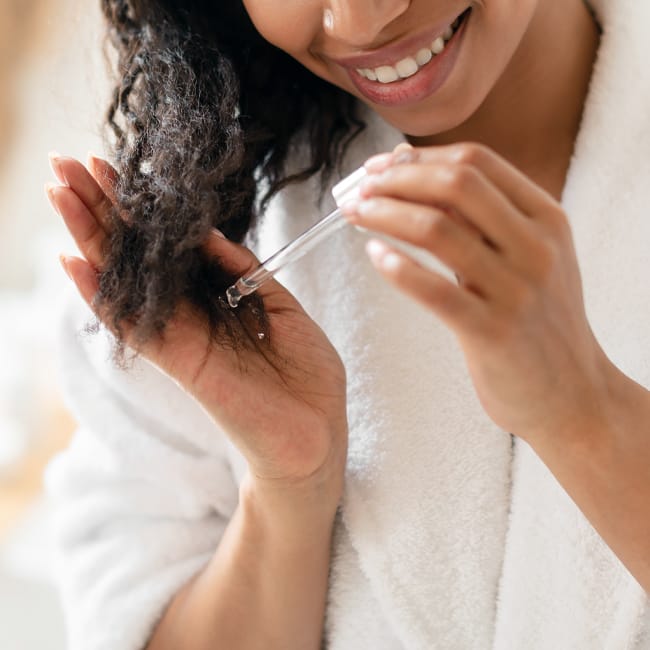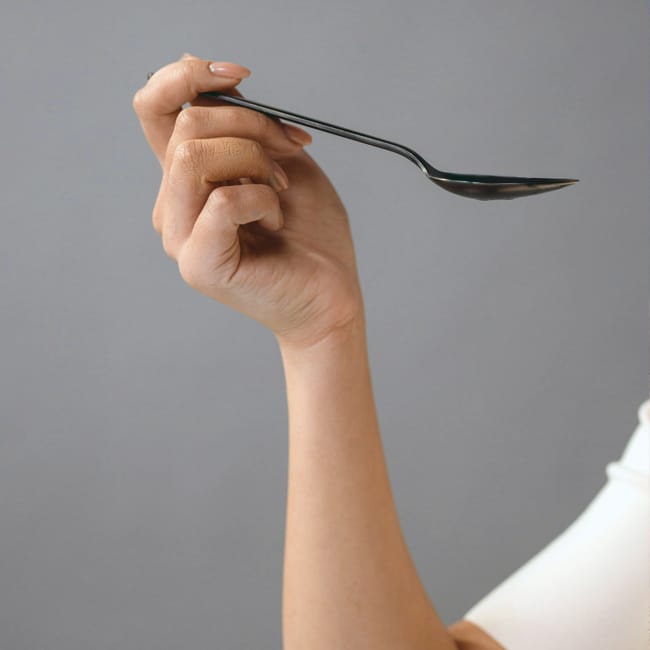This is an archived article and the information in the story may be outdated. Please check the time stamp on the story to see when it was updated last.

It seems like every time you read an article about the beauty secrets of French women, they all seem to have two perplexing things in common: they spend a total of 50 cents on beauty products and follow their grandmother’s advice to only ever wash their face with plain water. I’ve never had the courage to do this myself. First of all, I live and breathe products (the more, the better, which no dermatologist on earth would recommend). I’m also deathly afraid that my pores will immediately rebel and set forth a surge of oil that will cause my face to erupt in whiteheads, blackheads and pimples should I give up my sudsy facial cleanser.
So, how should we really be washing our faces? Are all cleansers as drying and damaging as we think? Or are they a necessary component in keeping our skin healthy and clear?
“Skin should absolutely be washed with a facial cleanser instead of plain water,” says Dr. Ahmed Abdullah, a board-certified plastic surgeon and the founder/lead formulator at Lexli, the premier line of aloe-based skin care. “Throughout the day, your skin comes into contacts with pollutants, dirt and bacteria that build up on the skin. The sebum (oil) that is regularly excreted by the skin acts like a magnet, attracting and holding onto all that grime. This can cause pores to clog, resulting in acne and other negative skin characteristics. You can’t remove this build-up, along with makeup, using water alone.”
Abdullah says many patients ask him whether it’s necessary to use a cleanser in the morning, since the assumption is that your face doesn’t get dirty while you sleep at night. “Sebum does build up on the skin and for that reason, I do suggest using a facial cleanser in the morning, especially if you are prone to acne or have oily skin,” he says. “Proper cleansing in the morning gives the skin a nice foundation on which to apply other skin care products, like moisturizer and sunscreen, as well as makeup.”
When searching for the perfect cleanser, it’s important to look for gentle, therapeutic ingredients, like aloe vera, that will nurture the skin instead of stripping it of natural oils, according to Abdullah. Some ingredients in facial cleaners that he says should be avoided at all costs include:
– Sulfates. “Sulfates, including sodium lauryl sulfate and sodium laureth sulfate, are surfactants that are used in facial cleansers to foam and remove oil. They can be quite irritating to the skin and can cause dryness, redness and itching.”
– Alcohol. “Alcohol is generally used in skin care products for two reasons: it reduces the ‘weight’ of a product and it removes the skin’s protective lipids, making it easier for ingredients to penetrate. By removing the skin’s moisture barrier, alcohol leaves the skin open to the strong potential for dryness, redness, itching, breakouts, and more.”
– Microbeads, microspheres, granules, etc. “Some facial cleansers add these ingredients to exfoliate the skin. However, these physical exfoliates can create microscopic tears in the skin that lead to damage.”
The only time Abdullah recommends using just plain water to wash your face is if you’re faced with the conundrum of needing to wash, but only having access to a harsh soap that is going to do more damage than good. “If given the alternative between using an aggressive, improperly formulated facial cleanser or using water alone, I would advise using water,” Abdullah says. “However, there are many gently formulated facial cleansers available on the market that can preserve the integrity of the skin while removing those unwanted substances that sit on its surface. Those with significantly sensitive and/or dry skin might see a benefit from the simplicity of water-only facial cleansing but, at most, I’d recommend only doing it in the morning.”
For more beauty tips, check out the best fall lipstick shades to try according to your hair color and how to get rid of a scar.



























